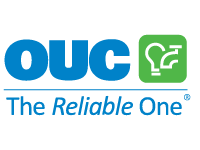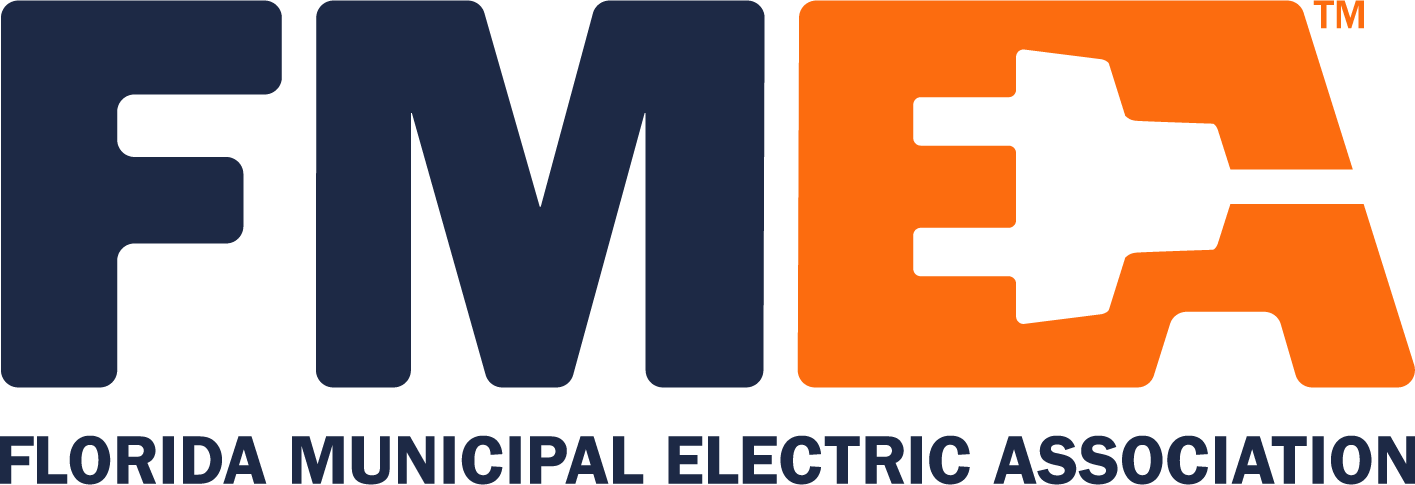OUC Announces Plan to End Coal-Fired Generation
 Today, management at Orlando Utilities Commission (OUC – The Reliable One) released its recommendation to significantly reduce the use of coal no later than 2025, eliminating it no later than 2027. The result of the utility’s Electric Integrated Resource Plan (EIRP) process supports its strategic plan for Net Zero CO2 Emissions by 2050, as well as interim targets of 50% CO2 emissions reduction by 2030 and 75% by 2040 . Using solar as the main source of new energy, OUC will also invest in energy storage and other clean technologies to ensure reliability and resiliency are maintained.
Today, management at Orlando Utilities Commission (OUC – The Reliable One) released its recommendation to significantly reduce the use of coal no later than 2025, eliminating it no later than 2027. The result of the utility’s Electric Integrated Resource Plan (EIRP) process supports its strategic plan for Net Zero CO2 Emissions by 2050, as well as interim targets of 50% CO2 emissions reduction by 2030 and 75% by 2040 . Using solar as the main source of new energy, OUC will also invest in energy storage and other clean technologies to ensure reliability and resiliency are maintained.
After gathering input from multiple community forums and a four-month-long online survey period, the Advisory Council – a 12-member, independent group representing Orange County, the City of Orlando and the City of St. Cloud – was responsible for ranking four key attributes – Affordability, Reliability, Resiliency and Sustainability – and determining how they should be weighted when scoring potential energy portfolios.
The recommendation strikes a balance, allowing achievement of OUC’s goal of Net Zero CO2 Emissions by 2050, while directionally aligning with City of Orlando Mayor Buddy Dyer’s 2017 aspirational proclamation to achieve 100% renewable energy generation by 2050. Specifically, OUC will:
• End coal-fired generation. The plan calls for significantly reducing coal-fired generation no later than 2025 and eliminating it no later than 2027, using coal-to-natural gas conversion as a technology bridge. Both converted units will ultimately be retired no later than 2040.
• Accelerate solar and energy storage as primary strategies. To allow for the acceleration of these resources and overcome the challenges of cloud cover and partly sunny days, energy storage technologies will be used to maintain reliability. OUC will continue to monitor cost and performance developments for new and existing clean technologies, such as hydrogen and small modular reactors.
• Leverage future clean technologies to ensure diversity for reliability. The recommendation provides a roadmap to diversify the utility’s generation by incorporating technologies, such as wind-by-wire generation, to greatly reduce dependency on solar and storage.
• Strive to maintain competitive rates for customers while achieving strategic goals. Advancements of this magnitude require significant investments. However, the recommendation delivers the best value.
“For nearly a century, OUC has provided reliable, affordable essential electric and water services to our customers,” said Clint Bullock, General Manager & CEO. “As we evolve to deliver clean energy and value to our customers, we’ve made significant investments in innovative, sustainable solutions. This EIRP energy roadmap – which is the result of a comprehensive, sophisticated analysis – will allow us to meet the critical Net Zero CO2 Emissions by 2050 goal, as well as interim targets of 50% CO2 emissions reduction by 2030 and 75% by 2040 as we move toward a cleaner, greener future.”
OUC remains committed to public feedback throughout the EIRP process. The public is invited to attend a workshop on November 17, 2020 at 2 p.m., to further discuss this process and its results. For a list of locations and to RSVP for this workshop, visit OUCRoadmap.com.
The results of the EIRP will be approved by the Board at a later date. In the future, EIRPs will be considered every five years moving forward as technology and economic conditions change.
Siemens PTI supported the development of the EIRP and evaluated the list of energy portfolio options for the utility to consider. Essence Partners led the strategy for stakeholder engagement and facilitated that process.
The OUC Management EIRP Executive Summary, as well as other educational materials, are available at OUCRoadmap.com.
 Enter your email address in the
Enter your email address in the 